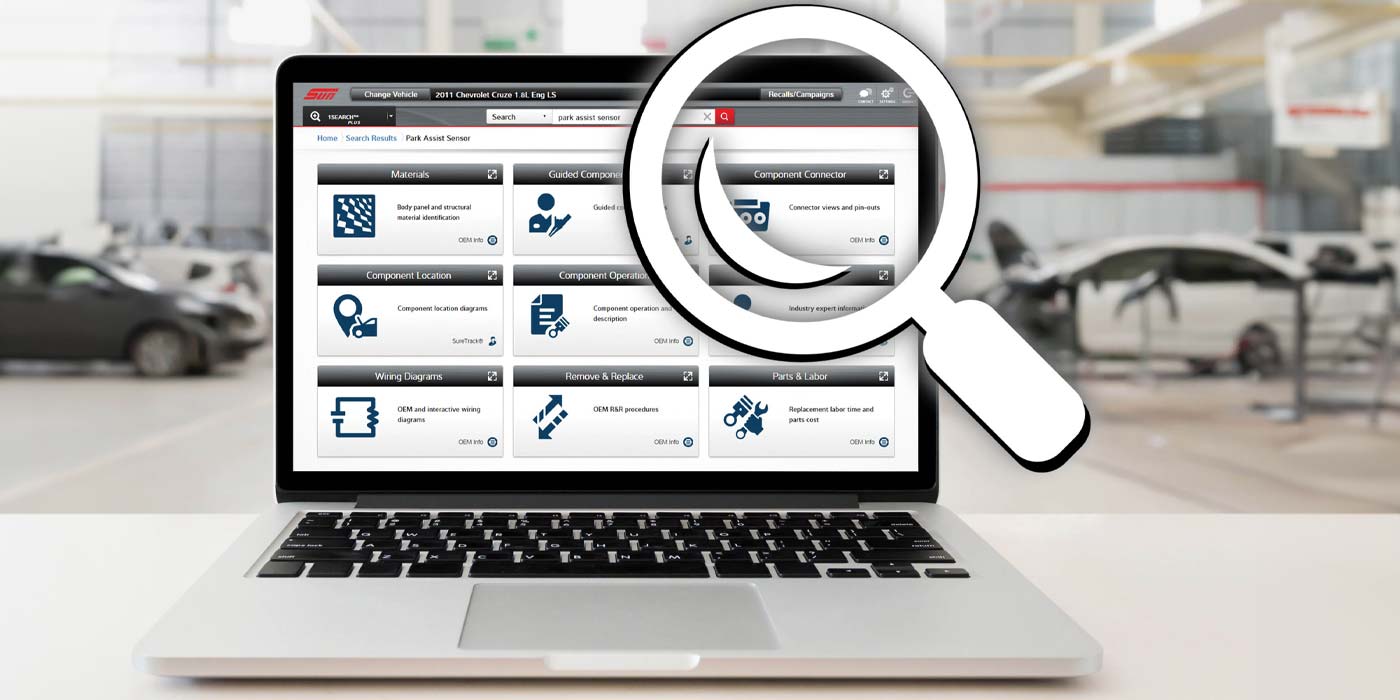The National Research Council’s (NRC) Transportation Research Board has released a study that included a review of automotive electronics safety. The Research Council’s study was requested in the aftermath of the 2009-2010 reports of sudden acceleration problems in Toyota vehicles.
The National Highway Traffic Safety Administration (NHTSA) requested the NRC study of how the agency’s regulatory, research and defect investigation programs can be strengthened to meet the safety assurance and oversight challenges arising from the expanding functionality and use of automotive electronics. To conduct the study, the NRC appointed a 16-member committee of experts tasked with considering NHTSA’s recent experience in responding to concerns over the potential for faulty electronics.
"This report likely assures that NHTSA will proceed with policy changes relative to automotive electronics review and safety. The recent security breaches or hacking activities in some vehicles increases the need for automotive repairs to be done by professionals," said Bob Redding, ASA’s Washington, D.C., representative. "The automotive industry’s effort with the National Automotive Service Task Force’s (NASTF) Secure Data Release Model (SDRM) is an example of independent repairers working with automobile manufacturers to ensure vehicle security. We are hopeful that NHTSA will include independent repairers in the strategic planning process for automotive electronics safety."
There were a number of key findings from the study:
• Electronic systems have become critical to the functioning of the modern automobile.
• Electronic systems are being interconnected with one another and with devices and networks external to the vehicle to provide their desired functions.
• Proliferating and increasingly interconnected electronics systems are creating opportunities to improve vehicle safety and reliability as well as demands for addressing new system safety and cybersecurity risks.
• By enabling the introduction of many new vehicle capabilities and changes to familiar driver interfaces, electronics systems are presenting new human factors challenges for system design and vehicle-level integration.
• Automotive manufacturers visited during this study – and probably all others – implement many processes during product design, engineering, and manufacturing intended to ensure that electronics systems perform as expected up to defined failure probabilities and to detect failures when they occur and respond to them with appropriate containment actions.
The committee of experts made several recommendations to NHTSA:
• NHTSA should become more familiar with – and engaged in – standard-setting and other efforts involving industry that are aimed at strengthening the means by which manufacturers ensure the safe performance of their automotive electronic systems.
• NHTSA should convene a standing technical advisory panel comprised of individuals with backgrounds in the disciplines central to the design, development, and safety assurance of automotive electronic systems, including software and systems engineering, human factors and electronics hardware. The panel should be consulted on relevant technical matters that arise with respect to all of the agency’s vehicle safety programs, including regulatory reviews, defect investigation processes and research needs assessments.
• NHTSA should undertake a comprehensive review of the capabilities that the Office of Defects Investigation (ODI) will need in monitoring for and investigating safety deficiencies in electronics-intensive vehicles. A regular channel of communication should be established between NHTSA’s research program and ODI to ensure that recurrent vehicle- and driver-related safety problems observed in the field are the subjects of research capabilities, particularly the detail, timelines and analyzability of the consumer complaint and early warning data central to these capabilities.
• The committee concurs with NHTSA’s intent to ensure that event data recorders (EDRs) be commonplace in new vehicles and recommends that the agency pursue this outcome, recognizing that the utility of more extensive and capable EDRs will depend in large part on the extent to which the stored data are available for safety investigation.
• The committee endorses NHTSA’s stated plan to conduct research on both pedal design and placement and keyless ignition design requirements but recommends that this research be a precursor to a broader human factors research initiative in collaboration with industry and that the research be aimed at informing manufacturers’ system design decisions.
• The committee recommends that NHTSA initiate a strategic planning effort that gives explicit consideration to the safety challenges resulting from vehicle electronics and that gives rise to an agenda for meeting them. The agenda should spell out the near- and longer-term changes that will be needed in the scope, direction and capabilities of the agency’s regulatory, research, and defect investigation programs.
• The committee recommends that NHTSA place development and completion of the strategic plan as a top goal in its coming three-year priority plan. In so doing, NHTSA should communicate the purpose of the planning effort, define how it will be developed and implemented commensurate with advice in this report, and give a definite time frame for its completion. The plan should be made public so as to guide key policy decisions – from budgetary to legislative – that will determine the scope and direction of the agency’s vehicle safety programs.
More information:
To learn more about the National Research Council study, visit ASA’s legislative website.













